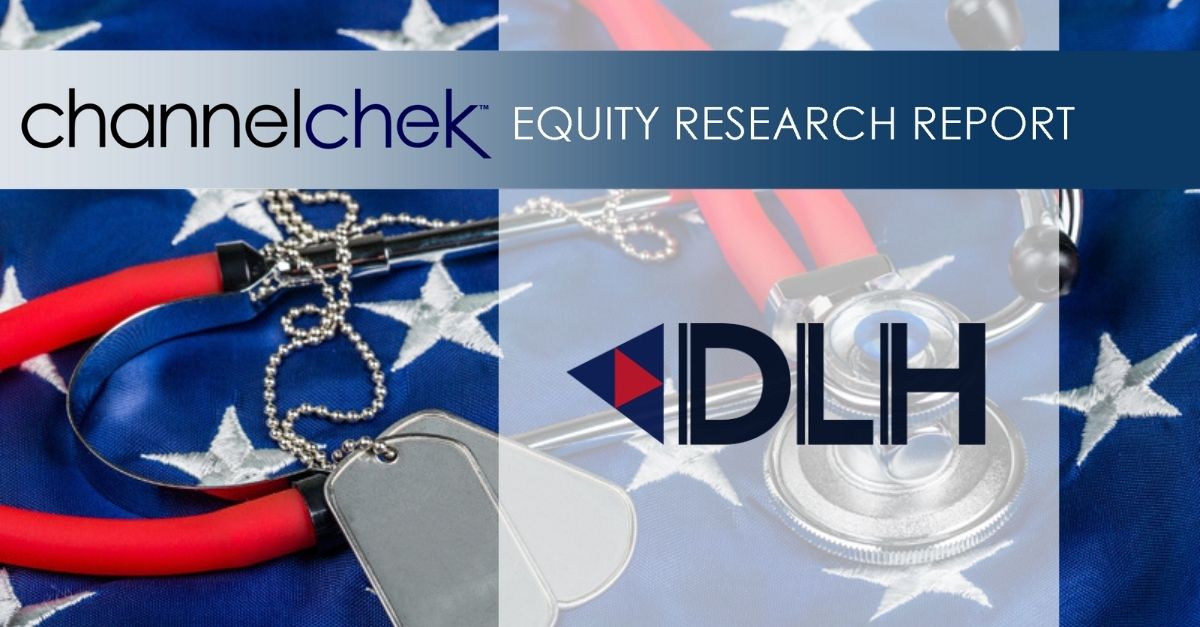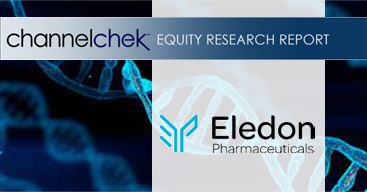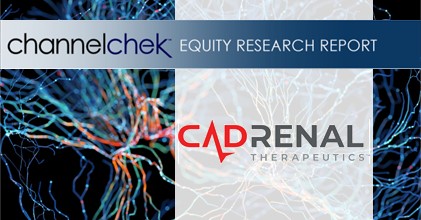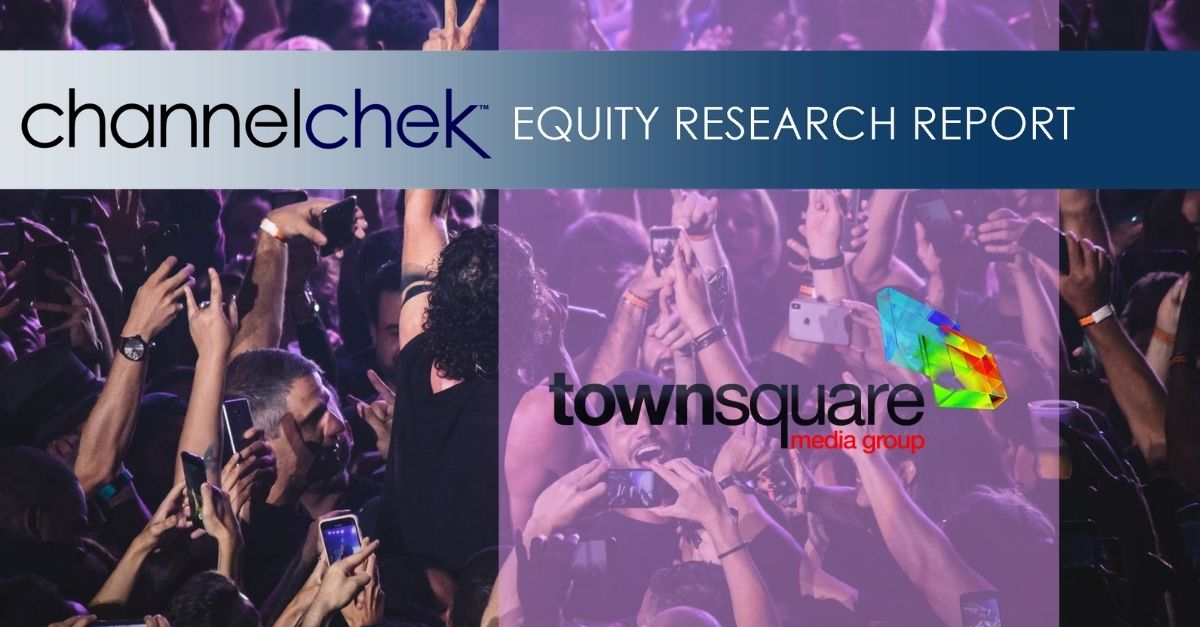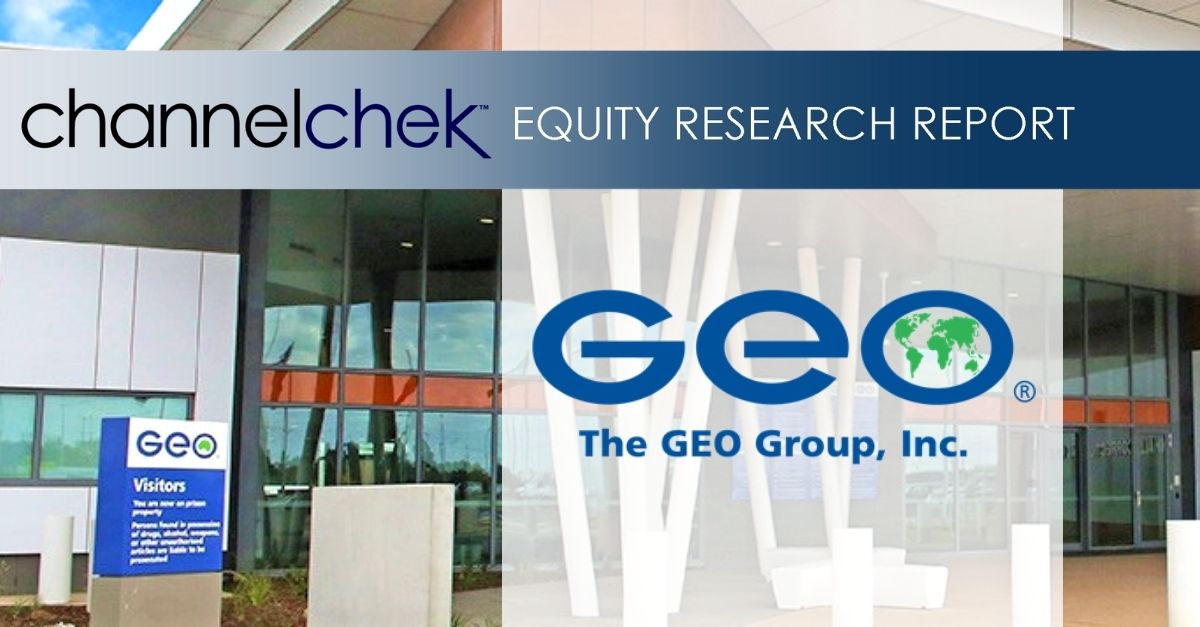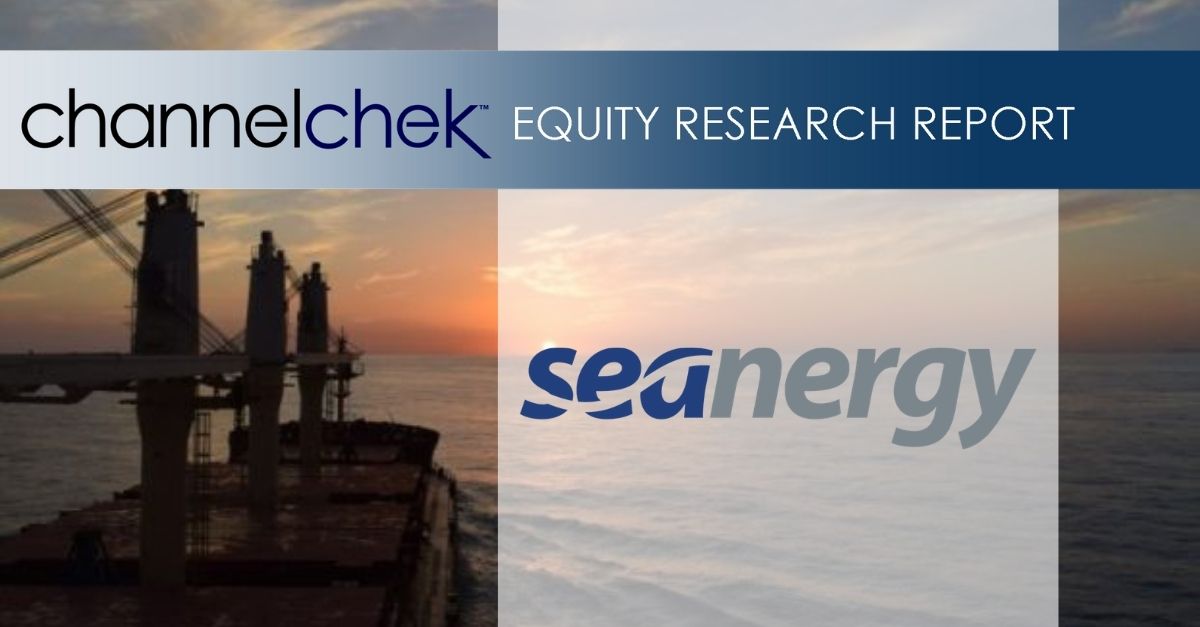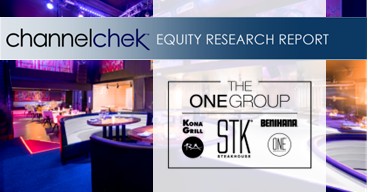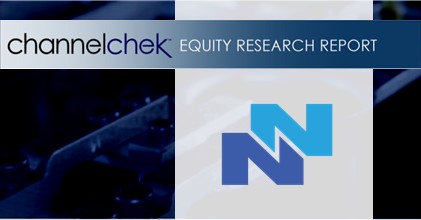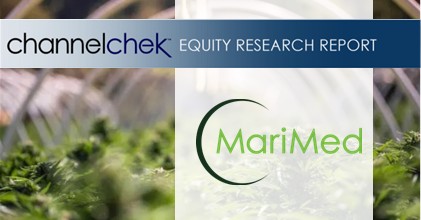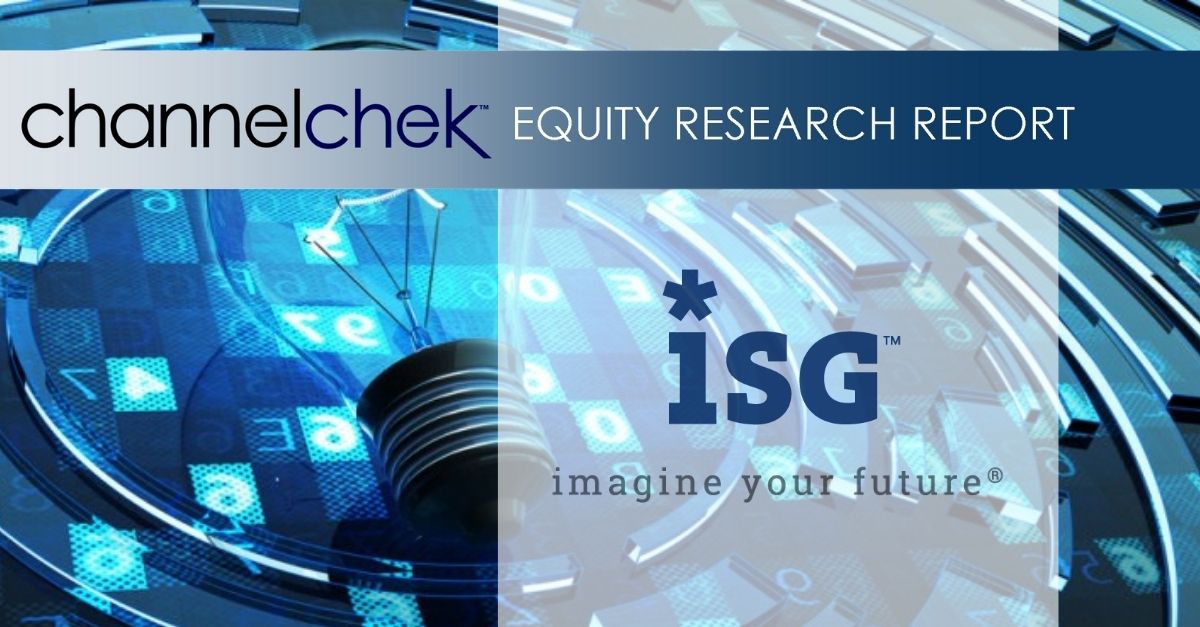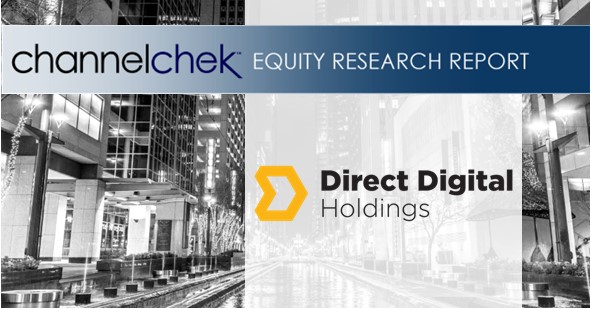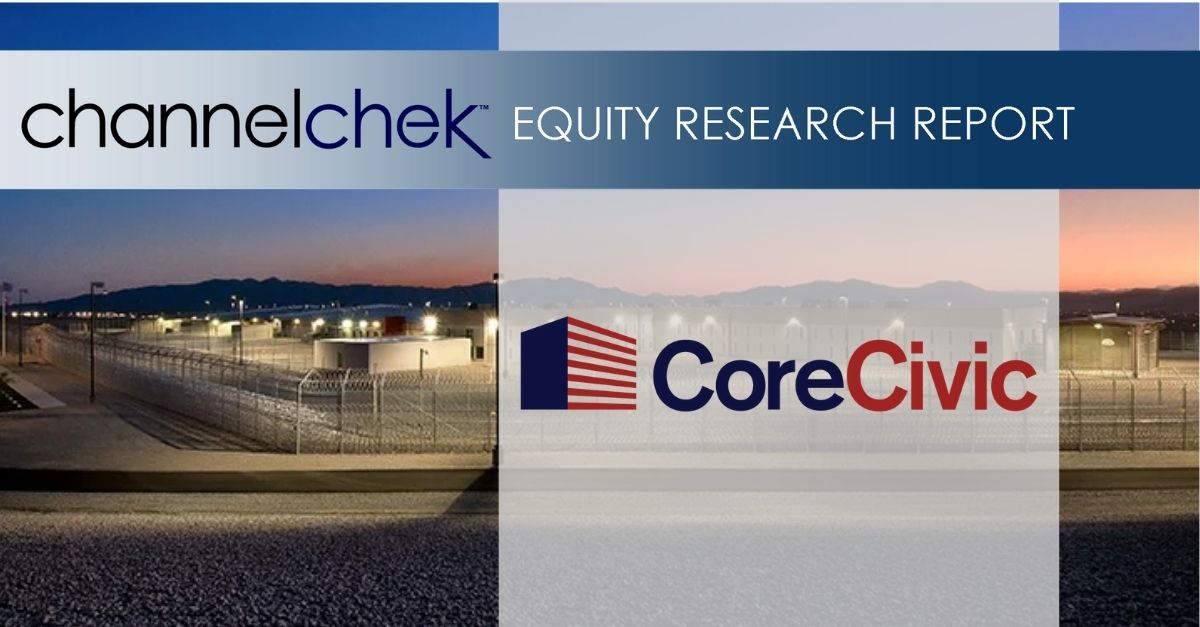
Thursday, August 07, 2025
DLH delivers improved health and readiness solutions for federal programs through research, development, and innovative care processes. The Company’s experts in public health, performance evaluation, and health operations solve the complex problems faced by civilian and military customers alike, leveraging digital transformation, artificial intelligence, advanced analytics, cloud-based applications, telehealth systems, and more. With over 2,300 employees dedicated to the idea that “Your Mission is Our Passion,” DLH brings a unique combination of government sector experience, proven methodology, and unwavering commitment to public health to improve the lives of millions. For more information, visit www.DLHcorp.com.
Joe Gomes, CFA, Managing Director, Equity Research Analyst, Generalist , Noble Capital Markets, Inc.
Refer to the full report for the price target, fundamental analysis, and rating.
Making Progress. In the third quarter, DLH effectively navigated changes in the competitive landscape and transition in the industry overall, preserving margin delivery and strong operating cash flow. Headwinds such as the transition of CMOP locations, unbundling of DOD contracts, and scope reductions as a result of government efficiency efforts all impacted the quarter.
3Q25 Results. Revenue was $83.3 million, compared to $100.7 million in the year ago quarter. We had forecasted $83 million. DLH reported adjusted EBITDA of $8.1 million, down from $10 million in 3Q24 and our $8.5 million estimate. Net income was $0.3 million, or $0.02/sh, versus $1.1 million, or $0.08/sh last year. We had projected $0.35 million, or $0.02/sh.
Get the Full Report
Equity Research is available at no cost to Registered users of Channelchek. Not a Member? Click ‘Join’ to join the Channelchek Community. There is no cost to register, and we never collect credit card information.
This Company Sponsored Research is provided by Noble Capital Markets, Inc., a FINRA and S.E.C. registered broker-dealer (B/D).
*Analyst certification and important disclosures included in the full report. NOTE: investment decisions should not be based upon the content of this research summary. Proper due diligence is required before making any investment decision.
